Subgrantee Group
The Evolution and Endurance of Religious Explanations
Principal Investigator: Joshua Conrad Jackson, Northwestern University
All human groups use religion to make sense of the world, but it is not clear how religious meaning-making systems vary across cultures and how they endure over time. This project addresses the evolution of religious meaning-making by examining religious explanations—explanations of natural (e.g. storms, floods) and social (e.g. warfare, theft) phenomena that invoke supernatural causation. At the most basic level, we will test which religious explanations are most ubiquitous across societies and whether universal religious explanations potentially reflect universal human cognitive biases or group functions. We will next explore two forms of variation in religious explanations—variation across societies and variation within societies over time—testing whether ecological and social threats can explain cross-cultural variation in the prevalence of natural and social religious explanations, and whether some explanations are more resilient than others as societies modernize.
We will gather data by developing new cross-cultural codes and applying them across a global sample of over 100 societies. Mixed effects models will test which religious explanations are most prevalent worldwide. Bayesian phylogenetic models will test whether ecological threats such as famines and social threats such as warfare can predict the evolution of various classes of religious explanation. Longitudinal regression using latent growth curve modeling will test which religious explanations are the most enduring as societies modernize. In order to engage with future research on religious meaning-making, we will publicly share our codes, and will link our data to existing religious databases such as the Database of Religious History (1).

